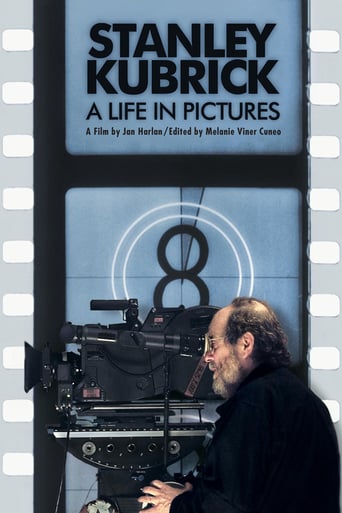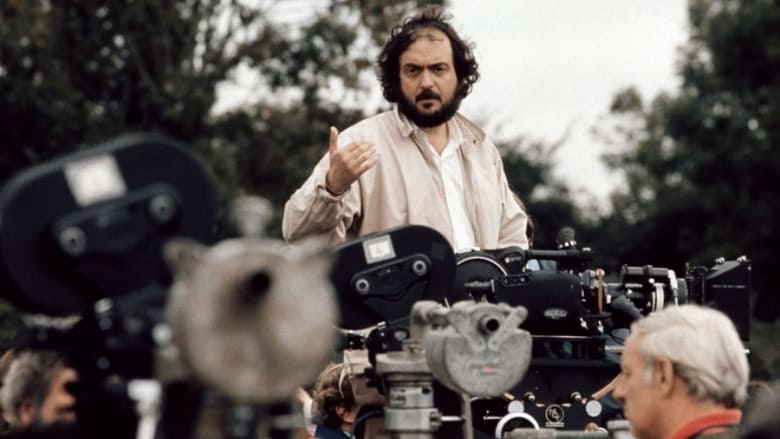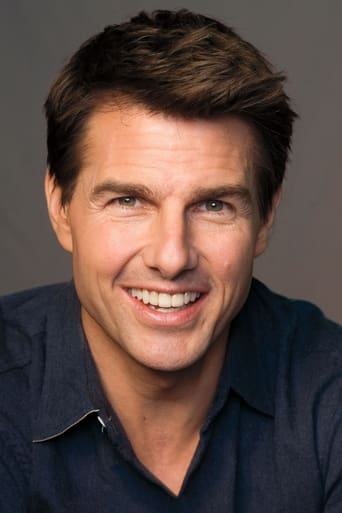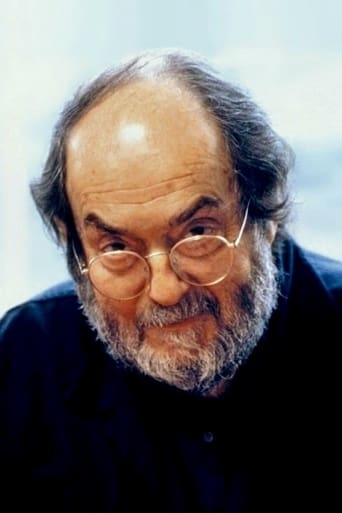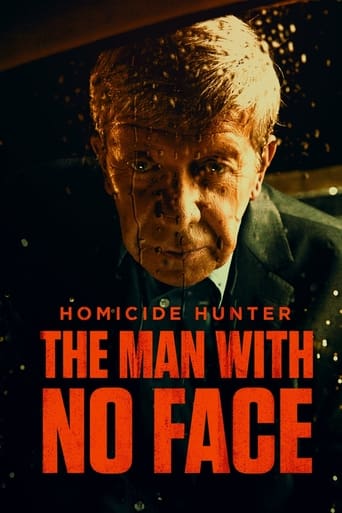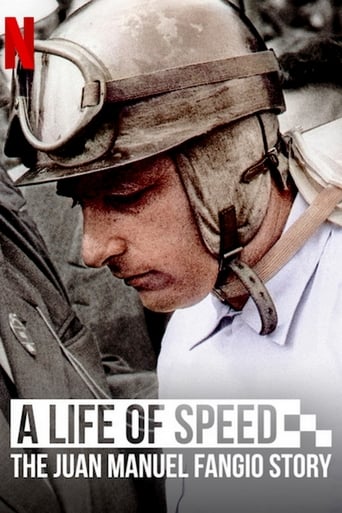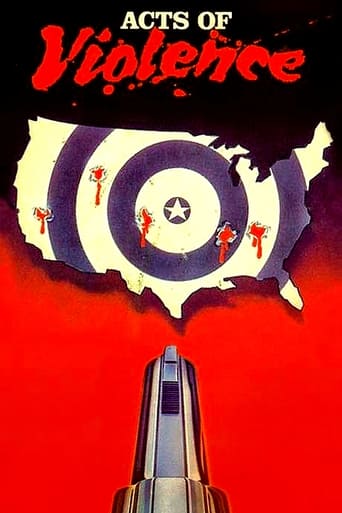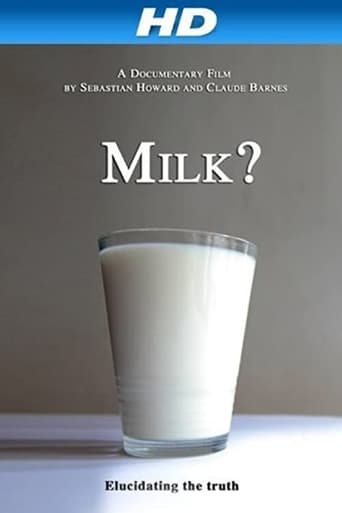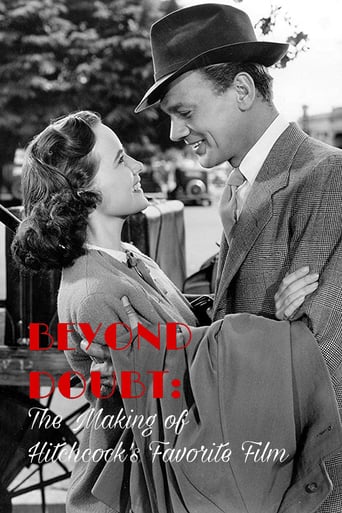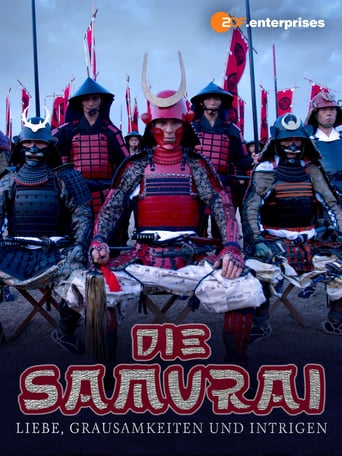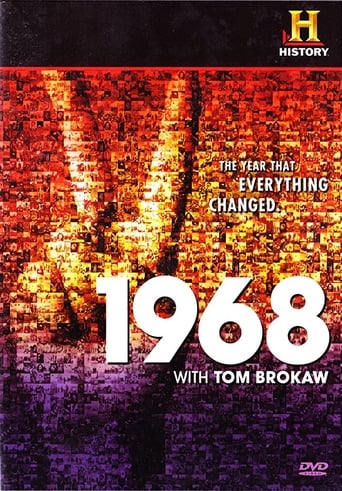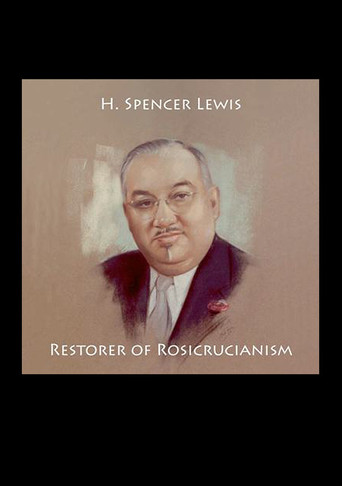Stanley Kubrick: A Life in Pictures (2001)
With commentary from Hollywood stars, outtakes from his movies and footage from his youth, this documentary looks at Stanley Kubrick's life and films. Director Jan Harlan, Kubrick's brother-in-law and sometime collaborator, interviews heavyweights like Jack Nicholson, Woody Allen and Sydney Pollack, who explain the influence of Kubrick classics like "Dr. Strangelove" and "2001: A Space Odyssey," and how he absorbed visual clues from disposable culture such as television commercials.
Watch Trailer
Cast


Similar titles
Reviews
Save your money for something good and enjoyable
Don't Believe the Hype
what a terribly boring film. I'm sorry but this is absolutely not deserving of best picture and will be forgotten quickly. Entertaining and engaging cinema? No. Nothing performances with flat faces and mistaking silence for subtlety.
Unshakable, witty and deeply felt, the film will be paying emotional dividends for a long, long time.
Because of his reclusive nature, Stanley Kubrick was never the best choice of subject for a documentary, in life as well as in death. Then again, that depends on who's behind the camera - in this case, the late director's brother-in-law and collaborator Jan Harlan, who also appears as one of the interviewees.Harlan's choice is very simple: skip any attempt to understand the man and just focus on what we have, namely the pictures (hence the film's title). Not just the movies, but also the photos he took in his youth, before discovering cinema. This aspect is covered through comments by friends and family members. Fans, however, are probably more interested in what people have to say about the films, and so we've got some of the key cast and crew of almost all of his movies (one notable exception is Dr. Strangelove, given Peter Sellers and George C. Scott died a long time before Harlan shot the documentary) describing their experiences. In addition, other filmmakers express their sincere admiration for Kubrick, with heaps of praise coming from Scorsese, Spielberg (who directed the Kubrick-inspired A.I.) and Woody Allen (the original choice for Sydney Pollack's role in Eyes Wide Shut).All possible anecdotes surrounding the man and his methods are recounted with joy, and the effect his films had on culture and society are explored in detail. Hearing Allen's first impressions of 2001 is refreshing (he didn't like it at first), whilst Scorsese's reaction to Paths of Glory is a perfect tribute to that picture's power ("It was so honest, it was shocking!"). The most famous controversy remains that surrounding A Clockwork Orange, and it's almost touching when Kubrick's widow recalls his decision to withdraw it from theaters in England until his death. We don't learn anything new about the great director, but hearing it from those people completely justifies Harlan's effort.That said, there is one little problem in the film, and that's the fact that everyone is completely incapable of saying anything bad about Kubrick. Okay, maybe his death has something to do with it, but after dozens of occasions during which both Jack Nicholson and Shelley Duvall berated him for how he treated them on the set of The Shining, hearing them say it was generally a positive experience is surprising to say the least. The closest anyone comes to a bit of criticism is when Malcolm McDowell, always the ultimate Kubrickian icon, describes their relationship like this: "I loved him one moment and wanted to kill him the next!".Overall A Life in Pictures doesn't add much to what we knew about one of the world's best filmmakers, nor does it take anything away. But remembering him through his work and the people who appeared in his movies is the most appropriate way to make a chronicle of his eventful life.
Hollywood has often had a difficult time dealing with ambiguity and enigmas. And there have been very few directors who define those terms much better than the late Stanley Kubrick. That aspect, and many others, are the focus of the incredible intriguing 2001 documentary STANLEY KUBRICK: A LIFE IN PICTURES, directed by Kubrick's brother-in-law (and frequent co-producer) Jan Harlan.In its 142-minute running time, the film, narrated by Tom Cruise, charts Kubrick's progress from his early days as a photographer in the Bronx to his earliest efforts at film-making (1953's FEAR AND DESIRE; 1955's KILLER'S KISS), and how each new film helped to revolutionize Hollywood at a time when the old studio system was now starting to crumble. But as even a successful big-budget effort like SPARTACUS shows, Kubrick was never one who could simply kowtow to the whims of studio executives. He needed complete creative control over every film he made from that point on, and he didn't feel that he could do that in Hollywood. In a radical move, he moved himself, his family, his life, and his work to England in 1960 and never set foot on American soil again, apart from a few scattered occasions. But he always considered himself an American filmmaker first and foremost.Beginning with LOLITA in 1962, and continuing right up to the last film, EYES WIDE SHUT, in 1999, Kubrick chose material and subject matter that most other directors would never have thought of touching with a barge pole. His way of doing films, a process that often took years on end (hence the relatively small number of films to his credit), was often seen as cold, clinical, and detached, which tended to rub critics the wrong way. On other occasions, however, his films were often controversial. LOLITA was considered quite scandalous because of its depiction of forbidden love. The reviews for 2001: A SPACE ODYSSEY were initially extremely bad because of that film's revolutionary approach to science fiction. DOCTOR STRANGELOVE was frequently slammed for its savagely satirical approach to nuclear war and Cold War-era politics. A CLOCKWORK ORANGE spawned a firestorm because of its explicit and whimsical approach to sex, violence, and governmental brainwashing. And even THE SHINING, regarded as one of the great horror films of all times in most quarters now, still remains a bone of contention for others because of its ambiguities and the fact that it strayed so far from its Stephen King source material.But Kubrick remained largely above it all by being deeply committed to his family and friends, as this documentary also shows, utilizing film footage that the outside world had never seen up to that point. Kubrick rarely gave interviews; he was an intensely private man (though not at the Howard Hughes level like so many pundits might claim); and he could be extremely exacting with the actors he worked with (witness Shelley Duvall's own trauma on THE SHINING). Directors like Steven Spielberg, Martin Scorsese, Alex Cox, and Woody Allen all share their impressions of Kubrick's cinematic mastery; while actors like Malcolm McDowell, Sir Peter Ustinov, Jack Nicholson, and Matthew Modine share their impressions of working so closely with the man.All of this adds up to a great film, one that can never answer all the questions about its subject simply because those questions may not have answers that will satisfy everyone, if anyone at all. But no matter how he was regarded by critics or audiences while he was alive, Stanley Kubrick remains one of the most important directors in cinematic history; and this documentary sets the case for that claim in solid stone.
I agree with a previous viewer that "Stanley Kubrick: A Life in Pictures" would have been better with someone other than Tom Cruise narrating (I thought that "Eyes Wide Shut" was worthless). As for the complaint that all the interviewees lauded Kubrick, that was OK with me. Let's face it, he was a director unlike any other, and the documentary does a pretty good job showing his life. It was strange seeing that footage of him when he was about 10 years old, and almost heartbreaking hearing Steven Spielberg's story about the scene from "Paths of Glory"). But anyway, I thought that overall, this documentary did a pretty good job.
*SPOILER ALERT* *SPOILER ALERT*I've always been fascinated by Stanley Kubrick. Everyone knows he's a genius, made great movies etc. But the thing I found most intriguing about him was how intellectually interested he was in almost every subject matter under the sun. He could talk your ear off about whatever topic was on your mind. War, science, philosophy, you name it. In many of the books I've read about him, most people talk about how Kubrick always kept in touch with them yet they hardly ever saw him in person. Kubrick would constantly be asking them questions to see what knowledge he could get out of them. I also thought it was interesting how he always seemed to be sending books to people whenever something struck him as interesting and how you should drop what you're doing and read what he sent you.Another aspect of Kubrick I admired was how he wanted his movies to be seen by as many people as possible. It seems like some directors make movies only for themselves. Kubrick wanted mainstream success but made his movies as challenging as possible. I wonder if he ever saw a contradiction in making movies as intelligently as he did and the desire of the mainstream film going public for simplistic entertainment."Stanley Kubrick: A Life in Pictures" goes through each one of his movies and talks to various participants about their memories of working with Kubrick. But clearly since the documentary was put together by Kubrick's friends and family, it's not going to take an overly critical view of him or his movies. Ask Stephen King how he feels about Kubrick and you might not get the glowing praise that everyone else lays out. But overall, I found the documentary to be interesting. It's just unfortunate that Kubrick never took the time to set the record straight on anything. It would have been nice to hear him speak for himself instead of having half of Hollywood do it for him. That, of course, is his appeal. In an age of blah, blah, blah celebrities, here's a guy who doesn't care what you or I thought about him or his movies. His job was over when the movie came out. You liked it or didn't and life went on.For people who don't know anything about Kubrick, the documentary is a good overview. But for others who do know a little something, it doesn't really add anything new to the Kubrick picture with the exception of a few home movies. This is not the last word on Stanley Kubrick. There probably never will be a last word.One last thing, check out the "making of" documentary on "The Shining" DVD. It has a lot of scenes of Kubrick at work. It gives a fascinating look at Kubrick dealing with the actors, especially poor Shelley Duvall. He was the kind of boss who never raised his voice but you could tell by looking at his eyes that he was fed up with you.

